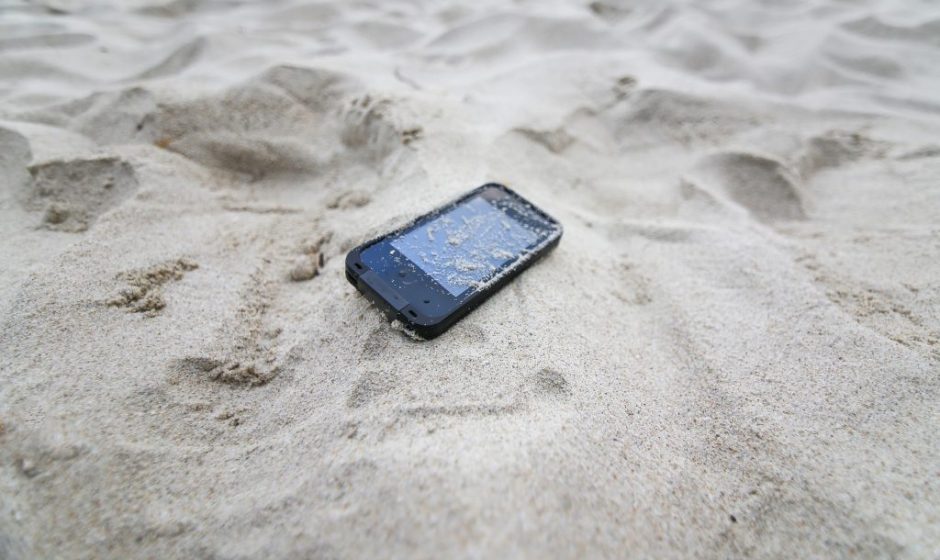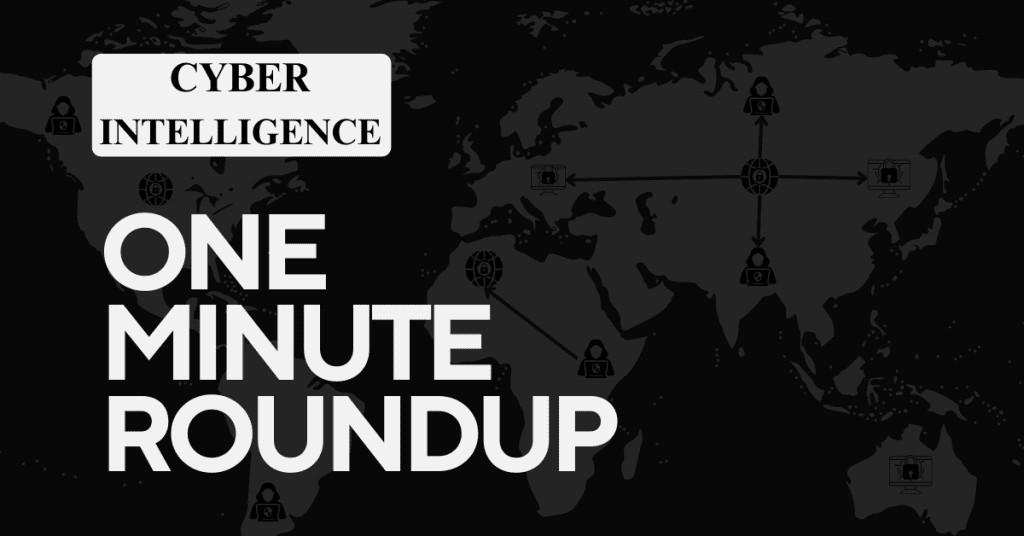Silicon Valley has a new problem – a generation that is turning off its digital lifestyle and ditching its smartphones. Gen Z, young people born between 1997 and 2012, have given Silicon Valley’s meticulously planned digital future for humanity a firm thumbs down.
Fifty percent of Gen Z’ers are interested in taking a break from their smartphones, while only 20 percent of Boomers, people born from 1946 to 1964, want a break, according to a survey from web-hosting company Squarespace. Last year, smartphone sales shipments dipped by around 70 million units, hitting the lowest shipment level in a decade, driven by falling sales in North America and China. At the same time, the new generation is buying old-school flip phones, nicknamed ‘dumbphones’, in preference to the latest Apple smartphones.
According to market researcher Counterpoint Research: “Feature phones in the US market have made a resurgence as Gen Z and millennials are advocating for digital detoxes due to the mental health concerns brought on by smartphones and social media…Given the relatively cheap price point of feature phones ($20-$50 with a prepaid carrier and $50-$100 unlocked), more people are trying out these devices and sharing their experiences on social media.”.
The reasons for mental health concerns and the advocacy for ‘digital detox’ are underpinned by growing concerns surrounding smartphone cybersecurity and privacy. Gen Z has come of age in a time when advertisers harvest users’ data and even eavesdrop on private conversations via the smartphone’s built-in microphone. Smartphone users are also increasingly being targeted by cybercriminals using a growing range of sophisticated scams with cybercrime already a multi-trillion-dollar industry.
But smartphones are increasingly seen by Gen Z’ers as intrusive devices that threaten their sense of well-being and mental health. They are also increasingly regarded as time-wasters by a generation that was so recently locked down during the pandemic and is now anxious to forsake their screens for the real world.
According to ‘digital detox’ advocate, Gen Z computer engineer James Scholtz: “Technology should improve the lives of people. But the way we are using it now has drastic consequences…our ability to focus has been drastically reduced because of the way we use technology.”.
Fortysomething Yuval Noah Harari, the author of Sapiens: A Brief History of Humankind, a favorite book of Gen Z’ers, famously said: “I don’t think I would have time to write books if I had a smartphone”.
Scholtz lays the blame squarely at Silicon Valley’s doors: “The reason that services such as social networking, Amazon, and Netflix are so addictive is that the companies that provide them are incentivized to maximize your screen time and your attention time. They use your data to tailor a personal experience and they have very smart people at the Silicon Valley research labs constantly figuring out what attracts us to keep clicking.”
“Attention is the most important resource”
According to Harari: “Attention is the most important resource and devices like smartphones have been designed to take over your attention. That can be dangerous.”
Nor is it merely a question of Gen Z’ers only cutting down on their smartphone screen time to safeguard their privacy and mental health. They are also forsaking a digital-based lifestyle so they can have access to printed books, CDs and even vinyl records. They also prefer to meet in venues such as libraries rather than socialize online. Many are deliberately opting for 15th-century technology in preference to super-powered pocket computers, citing the fact that books are self-contained and require concentration.
But Gen Z’ers are far from technophobic and should not be confused with some older generations’ environmentally-conscious attempts to turn back the industrial revolution. They will, for example, continue to use mobile phones, providing an opportunity for more traditional phone makers such as Nokia, to check their emails, work and study on laptop computers and tablets and book cheap air tickets online, drive electric cars, etc.
Big Tech must, however, now take notice that future consumers will not be so easily satisfied with over-priced intrusive technologies that serve the purposes of their makers more than their customers. Gen Z’ers are also wary of the specter of state surveillance –such as the way the Chinese are using their ‘smart cities’ to create a truly 21st-century police state. Unlike their predecessors, Gen Z’ers are no longer prepared to gratefully accept whatever shiny new devices and services Silicon Valley thrusts into their hands – but prefer to pick and choose those technologies that suit them best.

